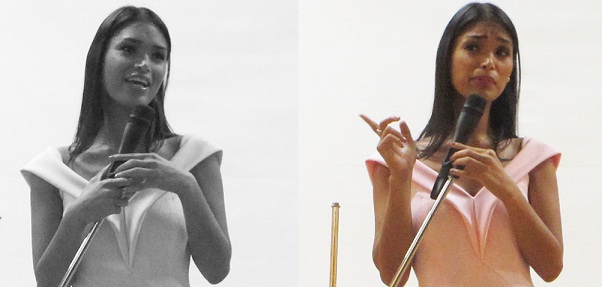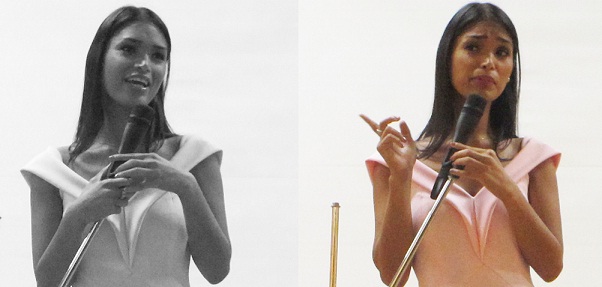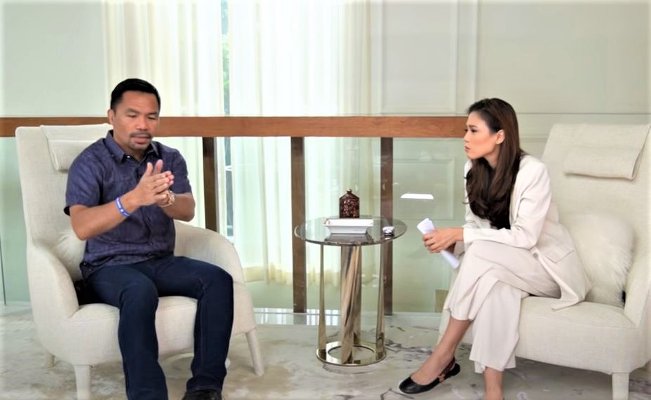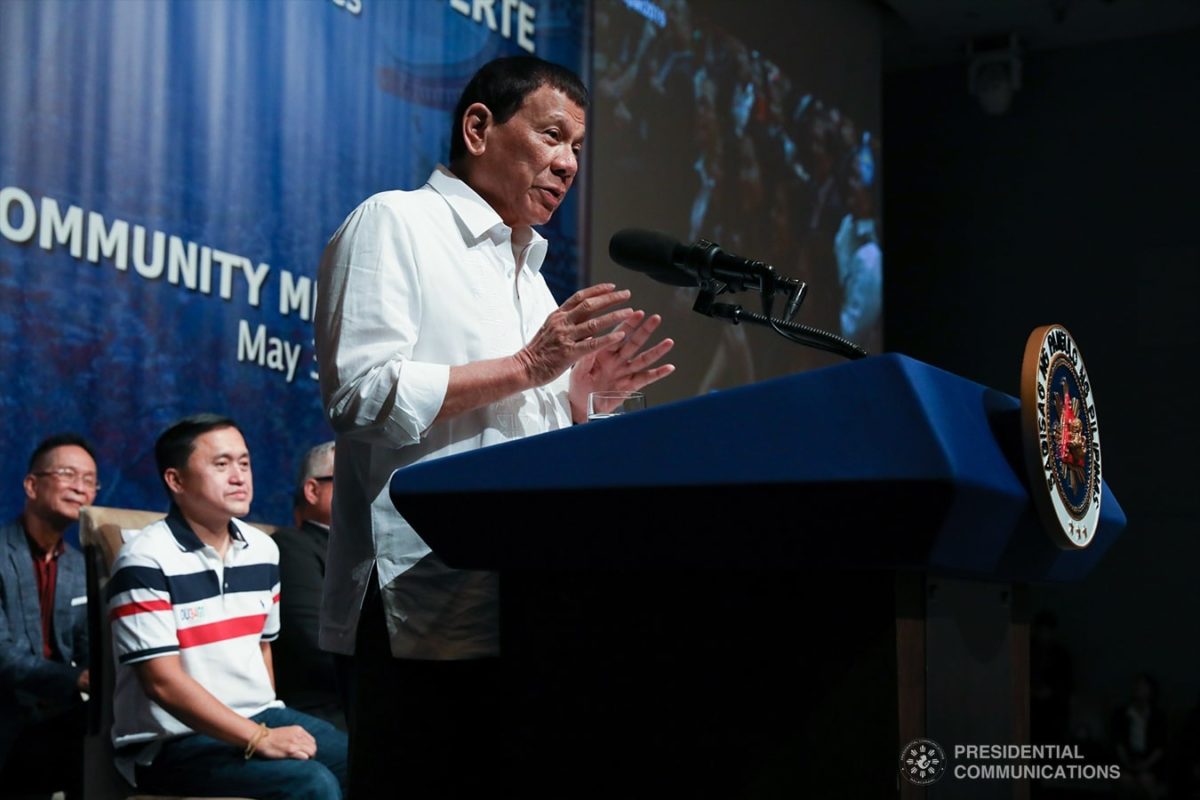
By PATRICK KING PASCUAL
HER battle cry is no different from what has been said many times over. But her journey is an inspiring and unique one.
Geena Rocero is a US-based Filipina model and an LGBTQ (lesbian, gay, bisexual, transgender, and queer) rights advocate. She first gained public attention, as an activist, when she came out as a transgender during TED (Technology, Entertainment, Design) Talks’ annual conference early this year.
Rocero was recently in the Philippines. She met with different groups and spoke at several forums. She also met with Sen. Bam Aquino to discuss the status of the lesbian, gay, LGBTQ community in the country.
In an interview, Rocero shared her thoughts on efforts of the Philippine government for the LGBTQ community.
Q: Where do you think is the LGBTQ movement in the Philippines today?
Rocero: I think there’s a lot of momentum, especially with the conversation about the anti-discrimination bill. That’s the big focus right now.
Q: What changes have you seen in the Philippines in terms of acceptance of LGBTQs?
Rocero: What’s interesting now is, we have this pageant culture; there’s a sense of celebration in the way the media is representing us, but it’s not politically recognized. And since it’s not politically recognized, you see a lot of rampant violence, hate crimes, and unemployment rates continue to rise – the basic rights are not accessible for LGBTQs.
If you could create awareness and campaigns and really demand for dignified storytelling in mainstream media so people can know us, so people can learn and don’t just use the stereotyping of what it means to be a transgender or what it means to be a member of the LGBTQ community, then it would be a bit easier.
Q: Philippines is a conservative country, do you think the passing of the anti-discrimination bill would help improve the status and welfare of LGBTQs?
Rocero: We need to really effectively communicate what we’re advocating for and it’s not just for this (LGBTQ) community. This is for all the members of the Philippine population, so everyone can fully understand the rich diversity of people. All we’re asking is just basic human rights.
Q: There have been several LGBTQ organizations, individuals, advocates, and allies who have been pushing for the anti-discrimination to be passed; what will be the contribution of your organization, Gender Proud, in this?
Rocero: With Gender Proud, we’re focusing in three countries that we’re advocating for gender recognition law :Brazil, Hong Kong, and the Philippines. Our work in the Philippines is in a different context: the anti-discrimination bill is the first step, and I, someone from the Philippines, I know what the culture is, I would lend my voice, resources, and in any way I can to contribute in moving the conversation forward. This is my role and that’s why I’m here, that’s why I’m willing to come back and use whatever platform that I have to create awareness around this and to work with different organizations with whatever way we could to move this law forward.
Q: While waiting for the anti-discrimination bill to prosper, what do you think should our government do to help protect and improve the lives of LGBTQs?
Rocero: In the national context, it’s proving to be difficult to pass the anti-discrimination bill that really protects the community. But what’s interesting, what’s happening in localized environment; the activist groups have been doing underground – trying to pass anti-discrimination ordinances in different local government units.
There are already seven cities and two provinces in the Philippines that have anti-discrimination protection. It’s important to keep that momentum going because that’s what’s going to protect LGBTs; city by city, barangay by barangay. If the protection is not going to happen in the national environment, communities should make their own steps.
Q: What else is lacking in our government aside from the anti-discrimination law?
Rocero: A lot is still lacking in the Philippine government. They’ve been trying to pass the anti-discrimination bill for a very long time already. The religious conditioning is much harder to change. I think that’s an important factor to focus on when passing a law. If you’re not willing to change the cultural dynamics of understanding and just for people to see and accept us as who we are as human beings who all just want to go about our lives and pursue our truth and our dreams, then the fight for it would remain hard.
Q: What is your message to our government?
Rocero: Let’s have a decent human conversation. We want to be in front of you all and just have a human conversation and all that we’re asking for is basic rights. We are not asking for special rights, these are just basic rights; to be treated equally and just exist as we are.
Q: What is your message to LGBTQs?
Rocero: As a person who made a conscious choice to come out and be an advocate and specifically talk about these things, we can’t force people to be activists. It’s a personal choice. But as an individual, being visible and being vocal is a big step. Knowing about your rights is a huge step. You need to know when and how to speak up when your rights are being violated.
Speak up when you see there are violations. Sometimes, it’s hard to think that there’s still hope, like when you report a violence that you saw, but you need to remember that those little efforts count. And as a community, we are all tied-in together, we just need to really understand each other. Awareness is the most important thing.


